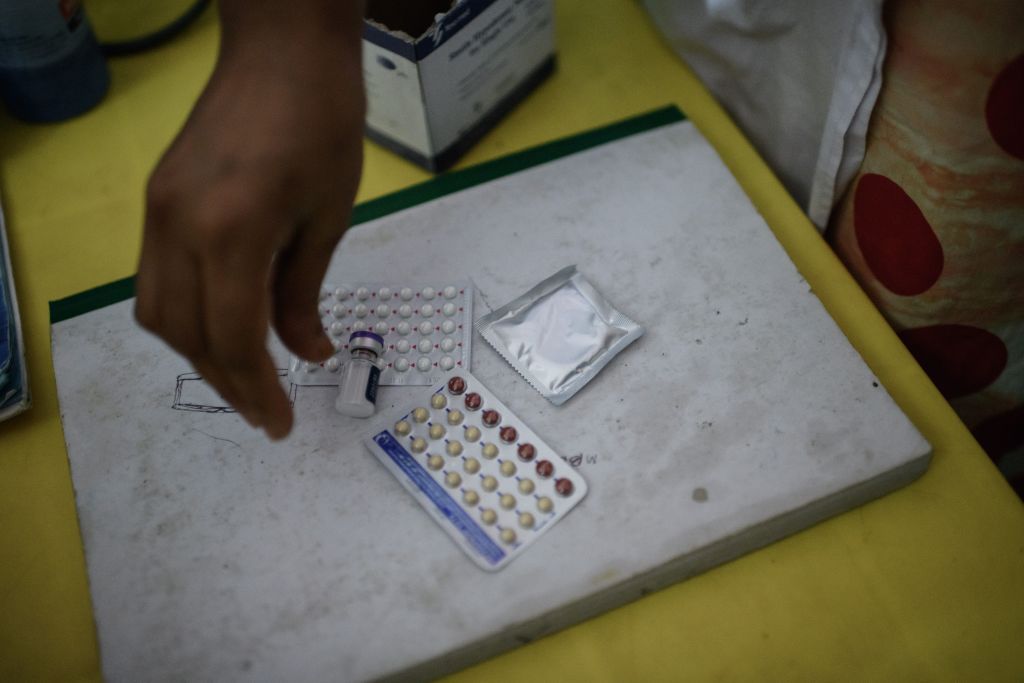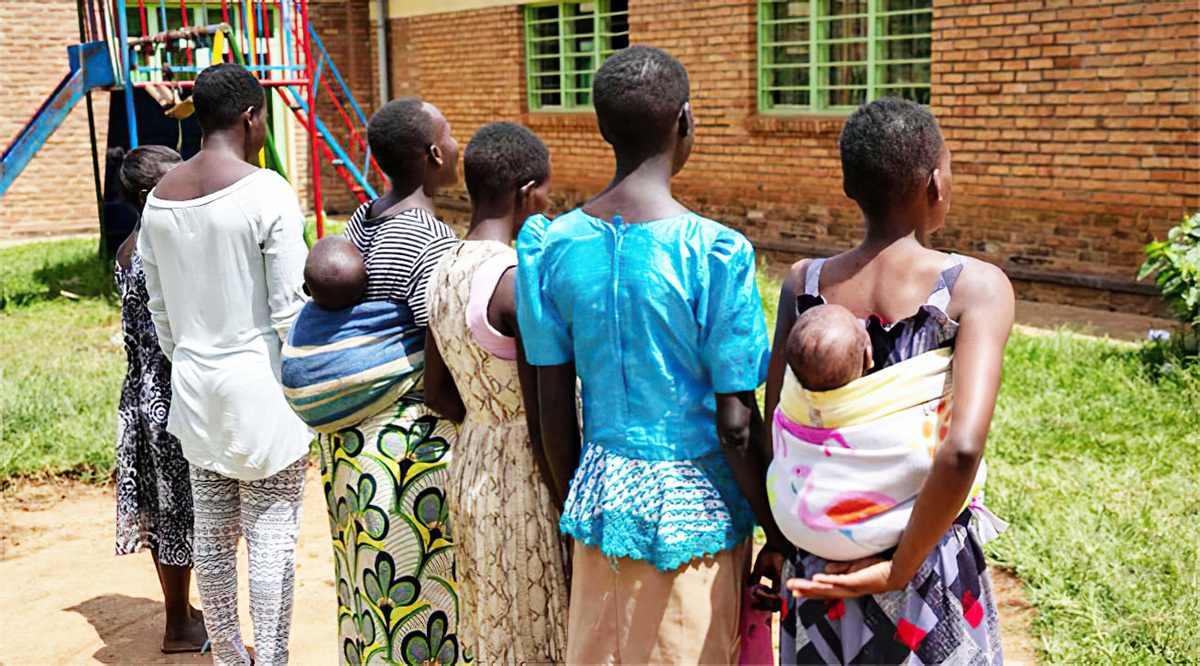Rwanda has passed a new law allowing teenagers as young as 15 to access contraceptives without parental consent, a move aimed at curbing the country’s high rate of teen pregnancies — but one that has sparked heated debate in the socially conservative nation.
The change comes in response to mounting concern over adolescent pregnancies in the country of 13 million, where nearly 40 percent of the population is under the age of 15.
While teenage birth rates are declining globally, sub-Saharan Africa has seen the slowest drop, according to the World Health Organisation. In Rwanda alone, over 22,000 teen pregnancies were recorded last year, according to official statistics.
Lawmakers on Monday voted to pass the long-deliberated healthcare services bill, which lowers the legal age for accessing contraceptives from 18 to 15. The law had previously been rejected once by parliament.
Supporters of the law argue that it’s a necessary step to protect young girls from unwanted pregnancies and the social consequences that follow.

“It has been proven that Rwandan girls are sexually active even before 15 years,” said John Scarius, programmes director at the Great Lakes Initiative for Human Rights and Development. “What the parliament has done is a good thing, it’s good they looked at this from a progressive standpoint.”
The law gives teenagers access to birth control pills and implants, although legislators emphasised that condoms should be prioritised. A report submitted to parliament revealed that in the last five years, 100,000 teenage girls became pregnant — a key factor behind school dropouts across the country.
“We expect this law to bring a decrease in teenage pregnancies,” Scarius added. “We expect to see minimal school dropouts, minimal illegal abortions, we expect less or no abortion related fatalities.”
But not everyone agrees. Karemera Charlotte, a parent and retired healthcare worker in Kigali, voiced deep concern.
“The thought of seeing your 15-year-old off to school with packets of condoms in the suitcase is unfathomable,” she said. “It is akin to openly abetting immorality. This in a way will actually promote abortion.”
In Rwanda, abortion remains illegal except in cases of rape, incest, or forced marriage.


 Trending
Trending 